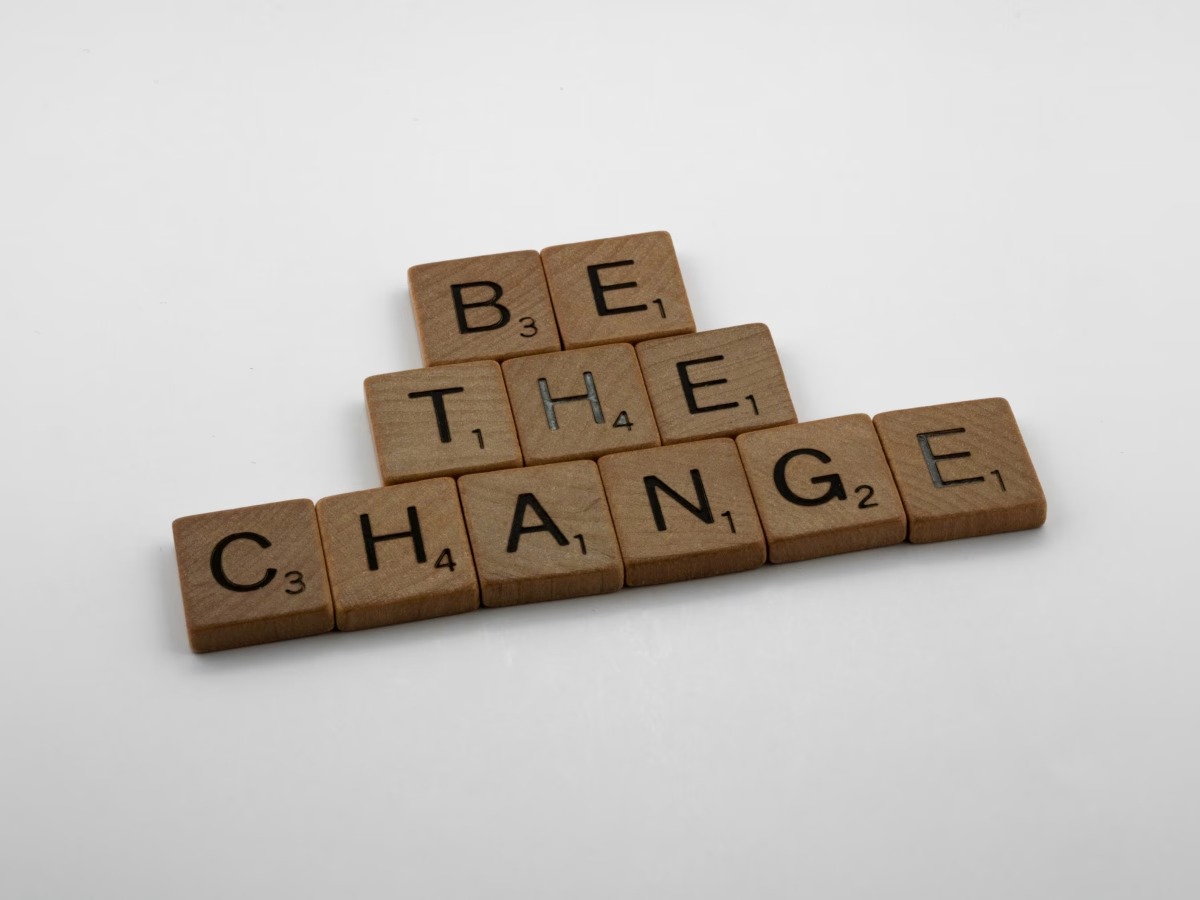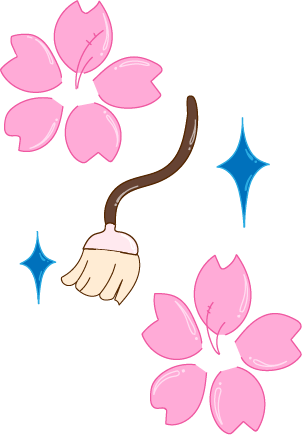Let’s face it. We all have a lot of junk.
Brand loyalty and consumerism have become even more pronounced in the past year. Ten-year-olds flock to Sephora in search of new Drunk Elephant products. Grown women tussle over the newest Stanley cups at Target. Simply put, we are past the days where the term “brand loyalty” implies white knighting for your favorite video game console. Now it means dumping hundreds of dollars into the newest fad.
With the passing of these fads comes the need for spring cleaning. Taking the time to thoroughly clean your living space and declutter is generally a good thing. Spring cleaning is associated with healthier eating, better sleeping and a boost in productivity. Obviously, this is all great and spring cleaning is even reported to have positive implications on mental health. The British Journal of Sports Medicine found that cleaning can significantly reduce stress and anxiety levels. However, we often forget the societal expectations and pressure also associated with spring cleaning.
Looking up spring cleaning on any social media site reveals checklists, advertisements, tips, montages, “aesthetic” photo compilations and more. Sure, these posts appear harmless—but are they really?
Cleaning can already be difficult for those suffering from depression or other forms of mental illness. Specifically, depression is often accompanied by a lack of motivation which makes it difficult to clean and perform other basic tasks. You can imagine how difficult spring cleaning can be for those with mental illness. After all, it is already a huge task for those without it.
But we shouldn’t lose hope. There are ways to successfully carry out spring cleaning without damaging your mental health.
You can probably guess that my first piece of advice would be to get off of social media. If you already have a Scrub Daddy, you don’t need a Scrub Mommy. The expectations social media imposes make us think we need new products when we don’t, which adds to the stress of spring cleaning. Cleaning without any distractions also allows for more productive cleaning sessions.
You also don’t need to dedicate a whole day to spring cleaning. An alternative to this would be to dedicate twenty to thirty minutes a day for a week or two. It is helpful to set small cleaning goals each day so that spring cleaning becomes more manageable.
Lastly, you can make cleaning fun by playing music or rewarding yourself at the end of it. Spring cleaning should be a rejuvenating experience, not a stressful one.


























